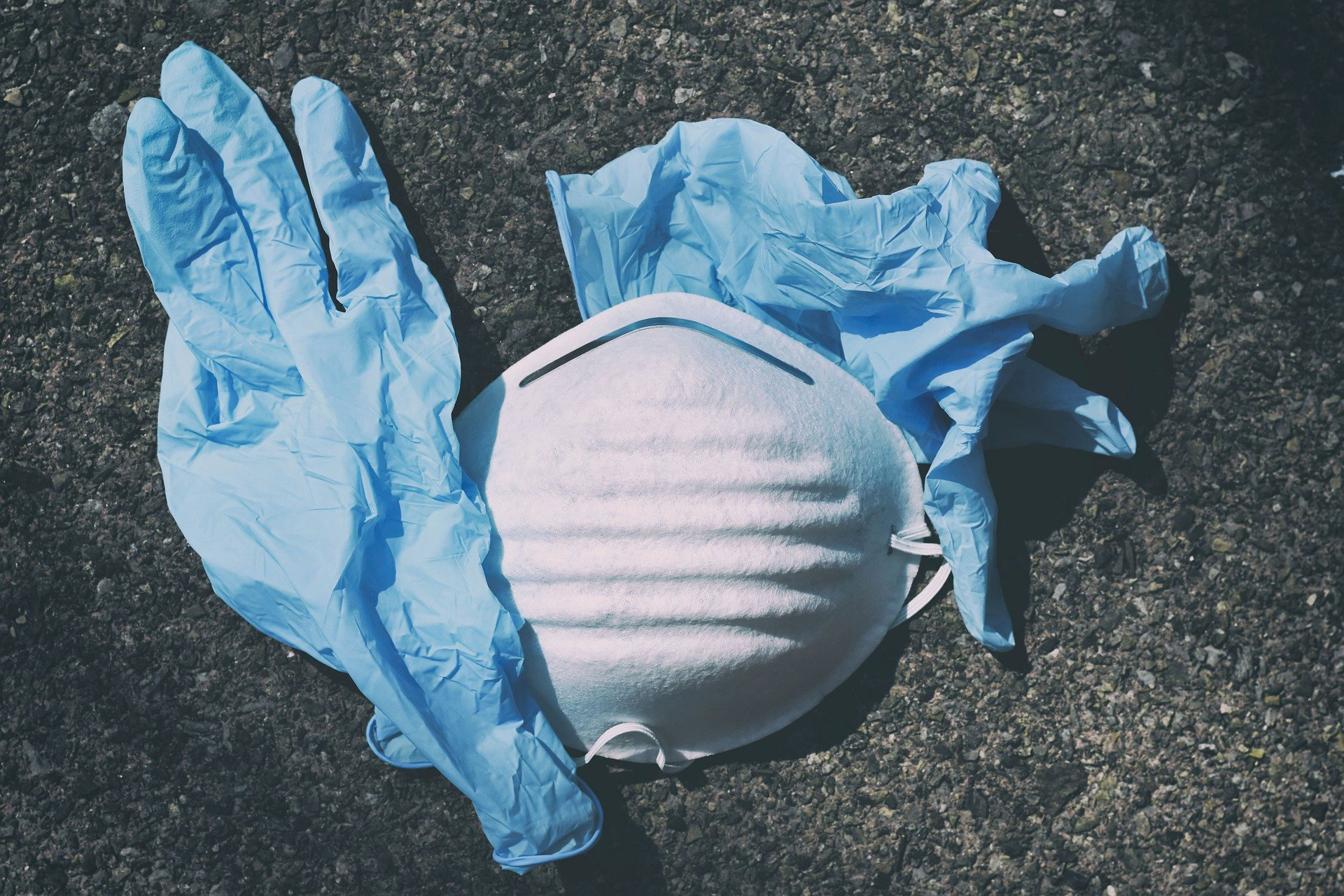As S.C. tops 100 COVID-19 deaths, leaders discuss how to restart
COLUMBIA (AP) - South Carolina is still a few weeks away from a likely peak of coronavirus cases, but leaders at the state's comprehensive teaching hospital said it's time to plan for how to restart parts of society that have been shut down.
The Medical University of South Carolina discussed plans Wednesday as health officials announced COVID-19 deaths in South Carolina topped 100.
Officials at the Medical University of South Carolina said their modeling shows they have enough beds to handle the peak in COVID-19 cases, now expected to hit around April 30.
With the immediate crisis appearing under control, the hospital is turning toward what it can do to help get the economy and social life back on track without having another spike in cases that could lead to another massive shutdown, MUSC President Dr. David Cole said Wednesday.
"We need to have in place the pieces to keep a second wave from becoming crippling," Cole said.
Health officials said they're still waiting for must-have developments, including a widely available COVID-19 test that can deliver results within a hour; a test that can determine if someone had the coronavirus and is now immune; a robust network of investigators to track down and quarantine anyone who has been in close contact with someone who just tested positive; and a plan to protect the most vulnerable, such as the elderly and people with compromised immune systems, Cole said.
The number of COVID-19 infections in South Carolina rose to more than 3,650 overall, while 10 additional deaths from the virus brought to 107 the number of people killed by the pandemic in the state, the Department of Health and Environmental Control reported in its Wednesday update.
DHEC estimates that because of a lack of testing and a significant number of infections that show few symptoms, the actual number of cases is up to 10 times higher.
MUSC has noticed the same thing through testing its workers, many of whom are infected without realizing it, said Dr. Cassandra Salgado, who studies infectious diseases for the school.
"They are often unable to distinguish them from seasonal allergies," Salgado said.
That's why it's so critical to make the tests so widely available that anyone can get one to determine if he or she has had the disease and fought it off, Cole said. Health officials could then set those people aside and know they can't infect anyone else.
"At some point, being COVID-19 positive is going to be a good thing," Cole said.
Still, the projections by MUSC are based on past behavior, and officials have noticed a few bothersome trends, such as cellphone data showing that a reduction in people in Charleston leaving home by 25% to 50% at the beginning of the outbreak is now going back up.
When it came to shutting down, Charleston has always lagged behind places like Seattle and Los Angeles, where mobility levels dropped to nearly zero, according to the data.
With more people moving around now, before more testing in is place and the virus under control, the coronavirus could set off a second wave of hospitalizations, causing even bigger problems, Cole said.
"There is a significant risk a COVID-19 wave could reverse any economic gains with a crippling impact," Cole said.
For most people, the new coronavirus causes mild or moderate symptoms, such as fever and cough that clear up within weeks. For some, it can cause more severe illness and even death.
More Articles to Read

